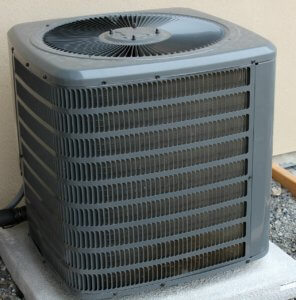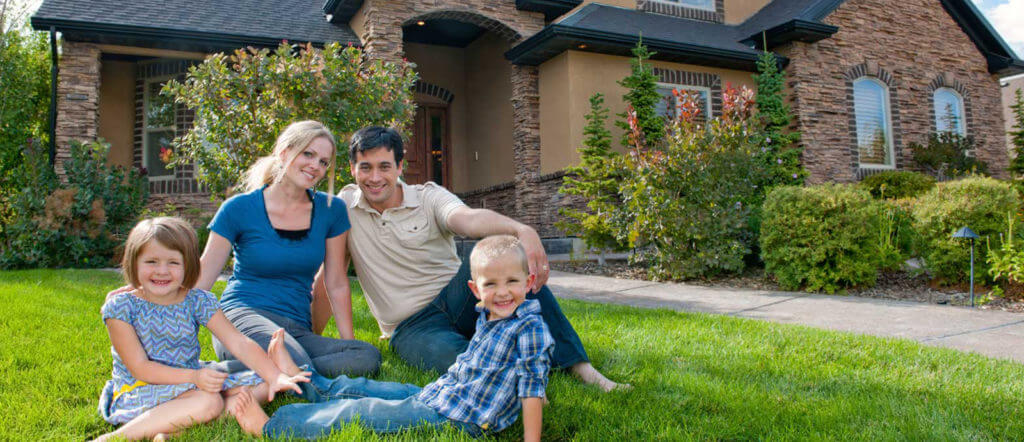
When shopping for a central AC unit for your home, one important factor that you might not have considered is unit size. The fact of the matter is that the size of your AC unit is of vital importance when it comes to ensuring that your home is properly cooled and your family is comfortable. Running an AC unit is expensive thanks to the cost of electricity today, so you don’t want to waste money running a unit that is bigger than it needs to be. On the other hand, if your unit is too small, it won’t have the power to cool your house adequately no matter how much you run it.
Here are some factors to keep in mind that will help you make a decision when purchasing an AC unit.
What Does “Size” Mean?
You might think you already know what the term “size” refers to in the HVAC world—and perhaps you do! But it’s an important detail to get right. When we talk about the size of an AC unit, we are not talking about its physical dimensions. You can’t tell by looking which AC unit is the biggest and which is the smallest. Rather, AC units are measured by their ability to produce cold air, marked in BTU (British Thermal Units) per hour. The higher the BTU, the bigger in size we say the unit is. And a unit with a high BTU will be capable of providing more cooling energy.
Factors that Affect Your AC Unit Size
Before selecting an AC unit, it’s a good idea to consult with an expert and make sure you’re choosing the right size. Your expert will analyze your home and consider the following factors before making a recommendation:
- The volume of your home—all the living space that must be cooled. This is more than just square footage. The height of your ceilings matters too. A small room takes less energy to cool than a spacious one.
- How many exterior walls are exposed to sunlight—and how big those walls are. Exposure to sunlight increases the ambient heat in your home.
- Your window quality. Do your windows leak? Do they face the sun?
- The age of your home. Older homes have more trouble retaining cold air.
- The ventilation and ductwork, and whether these factors are set up in your favor already.
- Whether your home is receiving shade from nearby trees and bushes.
If you need help deciding what AC unit to buy, contact us today!


